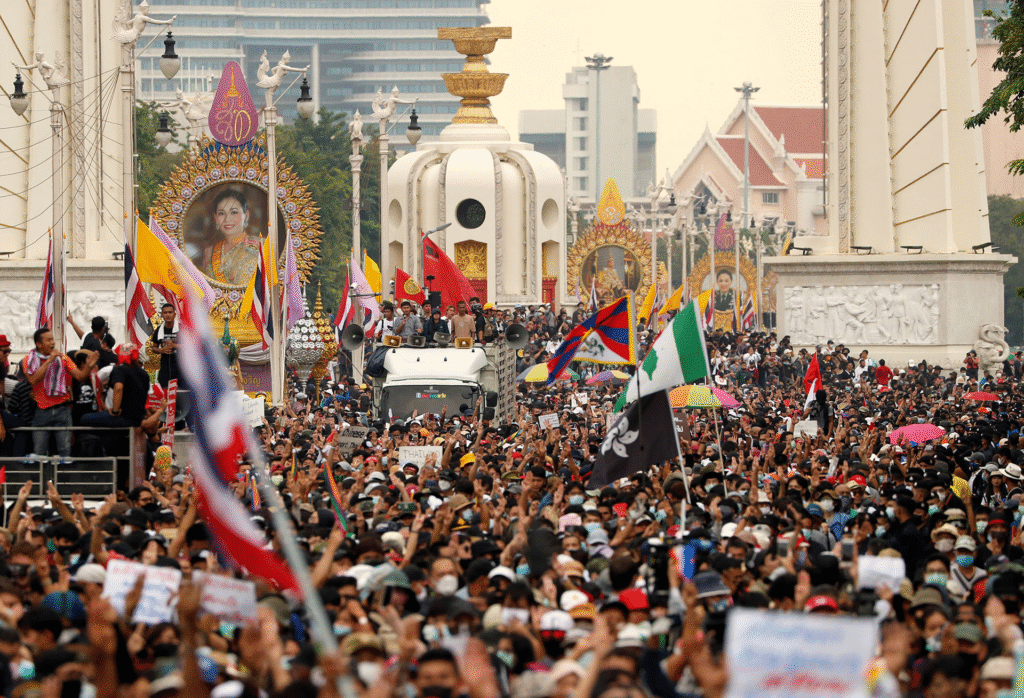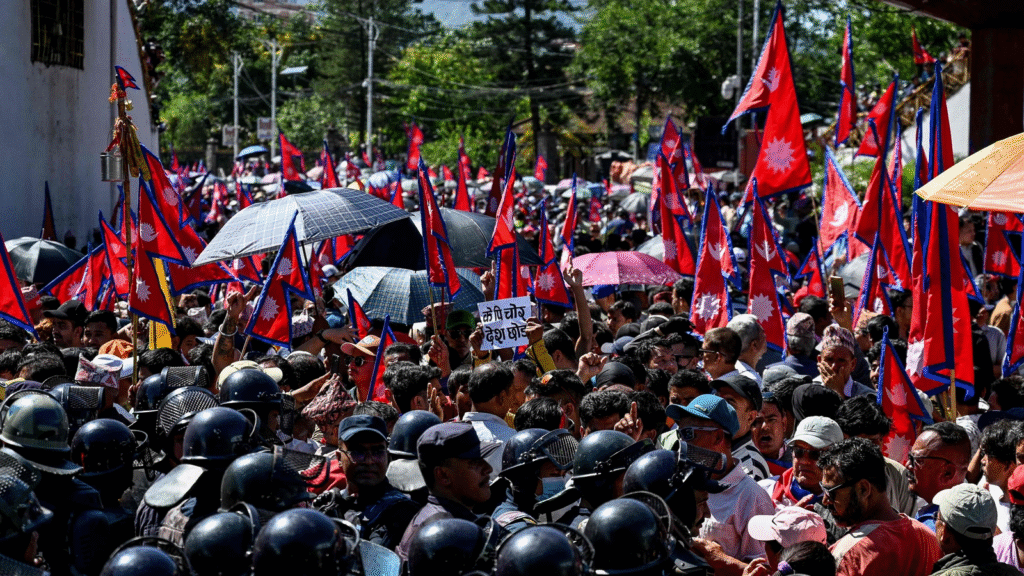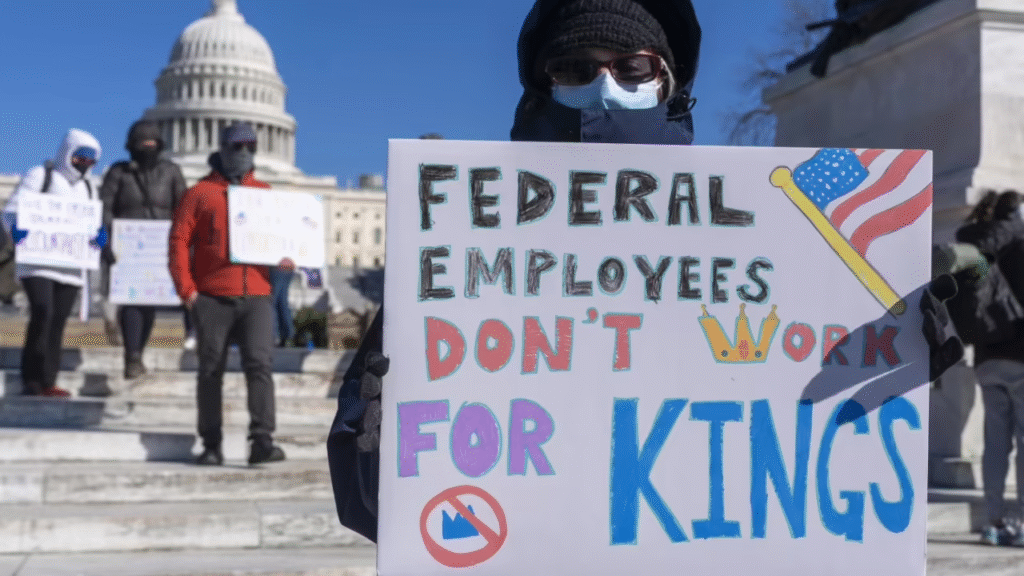
Thailand’s youth-led ‘No Kings’ protests demand monarchy reform & democracy. Origins, key demands, state crackdowns & future implications analyzed.
BANGKOK – Thailand is witnessing its boldest political challenge in decades. The ‘No Kings’ protest movement, spearheaded by students and young activists, is directly challenging the monarchy’s power – a once-unthinkable act. This unprecedented call for royal reform and true democracy has shaken the nation’s foundations, sparking global attention and fierce government backlash.
Roots of Rebellion: Student-Led Democracy Movement
Emerging publicly in 2020, the movement crystallized around university campuses. Fueled by years of military influence, economic disparity, and strict lèse-majesté laws (punishing criticism of the monarchy), young Thais demanded change. Core groups like the United Front of Thammasat and Demonstration mobilized thousands using social media. Their initial focus: dissolving parliament and ending harassment of government critics.
Royal Reckoning: Taboos Broken, Reforms Demanded

The movement’s defining moment came with open calls for monarchy reform. Protesters presented 10 key demands, including:
- Repealing strict lèse-majesté laws (Article 112).
- Investigating royal finances and influence.
- Preventing the King from endorsing military coups.
Slogans like “The country belongs to the people, not the King” became rallying cries. Iconic three-fingered salutes (from The Hunger Games) symbolized resistance.
State Response: Crackdowns & Legal Battles
Authorities responded forcefully. Bangkok saw mass protests met with water cannons, tear gas, and arrests. Over 1,900 activists face charges, including sedition and lèse-majesté, according to Thai Lawyers for Human Rights (TLHR, 2023). High-profile leaders like Arnon Nampa and Panusaya “Rung” Sithijirawattanakul remain imprisoned. Critics allege judicial harassment to silence dissent.
Public Divide: Supporters vs. Traditionalists

The movement polarizes Thailand. Urban youth and pro-democracy citizens hail it as necessary for progress. Monarchists and conservative factions view it as an attack on national identity and stability. This deep societal rift complicates any resolution, with both sides entrenched.
What Next? Uncertain Future for Thai Democracy
The movement’s momentum has faced setbacks due to legal crackdowns and pandemic restrictions. However, the underlying grievances remain unaddressed. Analysts warn sustained suppression could fuel deeper unrest. Potential outcomes include:
- Continued stalemate: Protests flaring intermittently amid ongoing arrests.
- Constitutional reform: Limited concessions if political pressure mounts.
- Escalation: Risk of further violence if dialogue fails.
The Bottom Line: Thailand’s ‘No Kings’ protest movement represents a generational cry for democratic accountability and modernization, directly challenging a centuries-old institution. While facing severe state suppression, it has irrevocably broken long-standing taboos. The path forward hinges on whether Thailand’s power structures can engage with these demands or risk prolonging a cycle of dissent and repression.
No responses yet